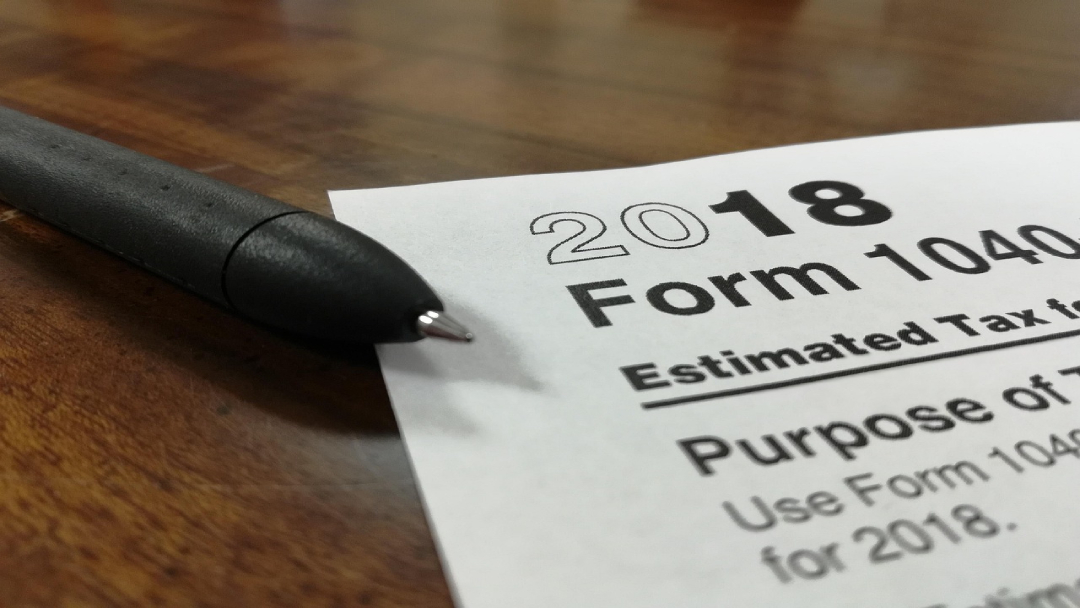Many people think that they’re immune to IRS notices. After all, doesn’t the IRS usually target wealthy individuals and businesses? Sadly, that’s not the case.
Since these targets require investigation and litigation, the IRS focuses on low-income wage earners and small businesses five times more than other parties. If you receive IRS letters, it’s essential to stay calm. Proceed carefully before you respond.
This artilce will guide you through everything you need to consider before responding. That way, you can make dealing with the IRS painless.
Table of Contents
What Is an IRS Letter or Notice?
When there’s a discrepancy in your tax return, the IRS will send you a letter or a notice. This might be for small things, like identity verification, balance due notifications, and changes in your return.
The IRS also uses these letters and notices to communicate that you might be expecting a smaller or larger refund. They can also use them to inform you of delays in processing.
Lastly, the IRS uses these letters or notices to ask questions and request additional information about your tax return.
For example, you misused an SR&ED tax credit on your return. The IRS will ask for more information to confirm or deny whether or not the tax credit was used appropriately.
How Do You Respond?
Sometimes responding to an IRS letter is straightforward. You can do it entirely on your own. Other times, you must reach out to a tax expert before responding.
This is especially true if you suspect the possibility of an audit. It’s one of the more common mistakes small businesses make.
Depending on the severity of the IRS notice, you should contact a professional before you even think of responding. Get in touch with TaxRobot if you need these types of consultation services.
1. Go Through the Letter Carefully
Your IRS letter will be clear in terms of what the issue is and the instructions you should follow to resolve it. This letter or notice is something you want to avoid skim-reading quickly. Make sure you know exactly what it’s requesting.
You should also pay attention to the date when action is due. If you don’t meet this date in a timely manner, you will be subjected to additional penalty changes and interest rates.
2. Review the Information in Question
The next step is to see if you agree or disagree with the information in the letter or notice. For example, if the letter refers to a corrected tax return, then review the one in question.
Most of the time, you won’t be required to respond to the IRS unless you have a balance due, you disagree with the information, or the IRS requests more information from you.
Related: 9 Tax Deductions for Sole Proprietorship to Know
3. Make the Payment or Take the Requested Action
Pay through the IRS’s portal if your problem involves an overdue balance. The IRS makes it easy to pay online. However, you can also pay with cash, check, money orders, or same-day wires.
Or take the requested action that the letter states. For example, it might request that you correct a mistake on your tax return and file an amended return.

4. Reply If You’ve Been Instructed to Do So
As we mentioned before, you typically don’t need to respond to the IRS unless you’ve been requested to do so.
However, if you need to contact the IRS, look for the phone number in the upper-hand corner of the letter. Make sure you have a copy of both your tax return and the letter before placing the call.
Related: What Is Tax Basis: Definition and Setup
5. Dispute the Notice If Applicable
If you disagree with the contents of the notice, you will need to send a letter to the IRS. There will be a contact stub that you can send included with the note.
Make sure you have all the information and documents the IRS needs. Depending on the notice, you should seek professional help for this.
6. Keep the Letter for Your Records
Make sure you keep the letter and any of your tax records for at least three years after you initially filed it.
Related: What Is Revenue Reconciliation? Why It Matters
Be Careful of IRS Scams
Sadly, there are a lot of potential IRS scams out there. Remember that the only way the IRS will reach out to you is through a letter to your address.
If you received a message from the IRS through a phone call, text, or email, avoid it. Do not respond to it or click on any links. Otherwise, you could be the victim of a scam.
Why You Should Keep Careful Tax Records
IRS letters and notices are one of the primary reasons you should keep your tax records and anything related to them. Having them on hand will make dealing with the Internal Revenue Service much less complicated.
Choose a tax preparation service that allows you to have easy access to your tax records when you need them.
The R&D tax credit software that we offer here at TaxRobot documents all the necessary paperwork you need so check it out. That way, in the event of an audit, you’re completely prepared.

The Importance of Responding to IRS Letters
No one likes the feeling of dread that comes when you see an IRS letter in your mailbox. Because of this, many people tend to rush to respond to the notice. This is a mistake. It might be challenging to dwell on dealing with the IRS.
But the unfortunate reality is that if you don’t take your time with the response, it can land you in even more hot water. So make sure you follow the advice in this guide, and you should be safe.
